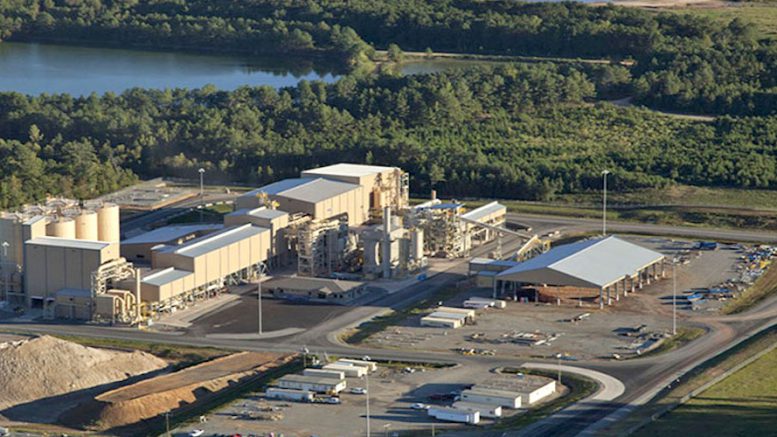Britain is falling behind European and North American peers in securing local sources of critical minerals, which threatens to hit the car industry the hardest, a government report warns.
Successive governments have failed to recognize the importance of critical minerals to the United Kingdom’s economy, according to the study by the House of Commons Foreign Affairs Select Committee. The cost of this failure will be the loss of key industries, the committee said.
The sale of new fossil fuel cars is set to stop across the European Union and in the U.K. in 2035. But, according to public disclosures analyzed by Transport & Environment, a Brussels-based environmental group, European and U.K. carmakers have secured less than a sixth of the key raw materials they will need by 2030 to make batteries for electric vehicles and high-tech devices.
“In the coming years, increasing demand for the critical metals required to build green technologies will outstrip the mining sector’s ability to produce sufficient quantities,” Brian Menell, chairman and CEO of Dublin-based TechMet, a critical minerals investment company, told the Northern Miner Group. “Governments must have the foresight to build critical metals supply chains now.”
Recent British successes include commitments by Nissan and Jaguar Land Rover to build electric car battery gigafactories. The government is believed to have provided some form of incentive, though the details have not been revealed.
Building resilience
Menell says much more investment is needed.
“The U.K., and many other governments, are way behind where they should be to ensure sufficient supplies of critical metals,” he said. “We join the committee in urging the Prime Minister and his government to define the U.K.’s role in the critical metals value chain and set out a coherent policy which will encourage the urgent investment required to scale the responsible production of these metals.”
The report released on Friday, “A Rock and a Hard Place: Building Critical Mineral Resilience”, also criticizes the government for failing to respond adequately to China’s “aggressive capture of large parts of the market” over the last three decades.
“Allowing a single country to dominate the U.K.’s critical minerals supply chains shows a lack of foresight and has left the current government with a mountain to climb to address the consequent vulnerabilities and protect the country’s economic resilience,” the committee said.
Analysts have long warned that the U.K. needs to strengthen its supply chain resilience to take advantage of its geological deposits. Otherwise it may fail to develop its own mineral processing and manufacturing industries.
This is especially important for the country’s transition to electric vehicles. It has not been able to secure enough private investments for battery plants that are essential for the automotive industry.
U.S. backing
TechMet is not adverse to government support, as it counts the Joe Biden administration as one of its largest backers. The United States International Development Finance Corp. has invested US$105 million so far in the Irish company, with US$50 million of that granted in early December. It means the government agency values TechMet at more than US$1 billion.
TechMet invests in assets that produce, process and recycle critical minerals that are key to the electric-vehicle industry and the energy transition.
The firm, which is backed by Geneva-based commodities trader Mercuria Energy Group, has injected more than US$250 million in recent months into critical minerals companies around the world, including Brazilian Nickel, US Vanadium, Rainbow Rare Earths, TechMet-Mercuria, REEtec, Xerion Advanced Battery Corp, Energy Source Minerals, Momentum Technologies, and Trinity Metals.
In early August, TechMet came like a knight in a shining armour to embattled British start-up Cornish Lithium. Together with the U.K. Infrastructure Bank and private equity firm The Energy & Minerals Group, it provided Cornish with a much-needed US$67 million loan, which allow it to keep alive its plans of opening a lithium mine in Britain.
The U.K. relies almost entirely on foreign sources to meet its critical minerals needs. The government published its first critical raw materials strategy in July 2022, and revised it in March this year to address the increased geopolitical geopolitical competition following Russia’s attack on Ukraine.


Be the first to comment on "TechMet urges UK to catch up in critical minerals race"